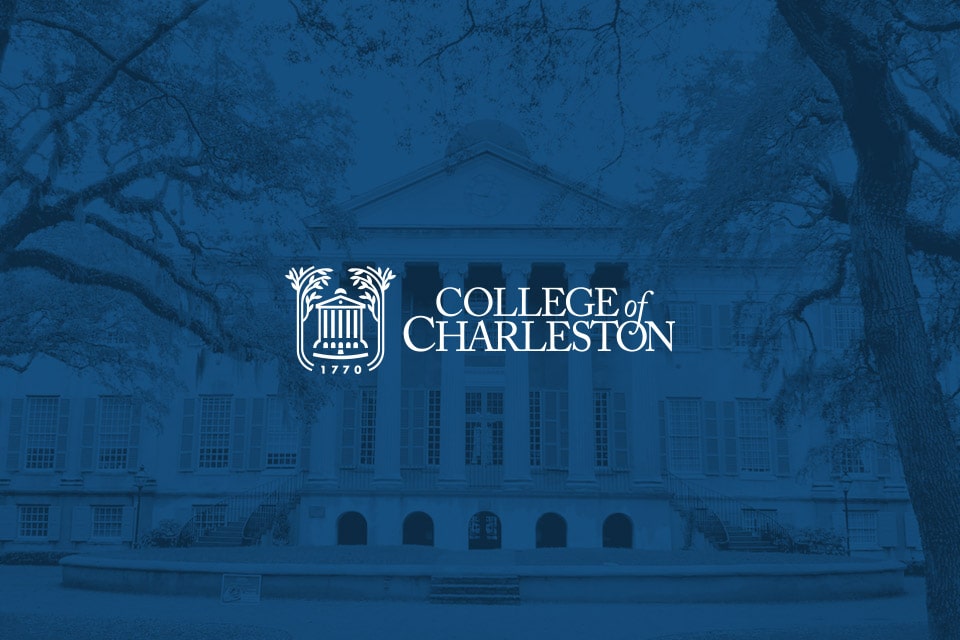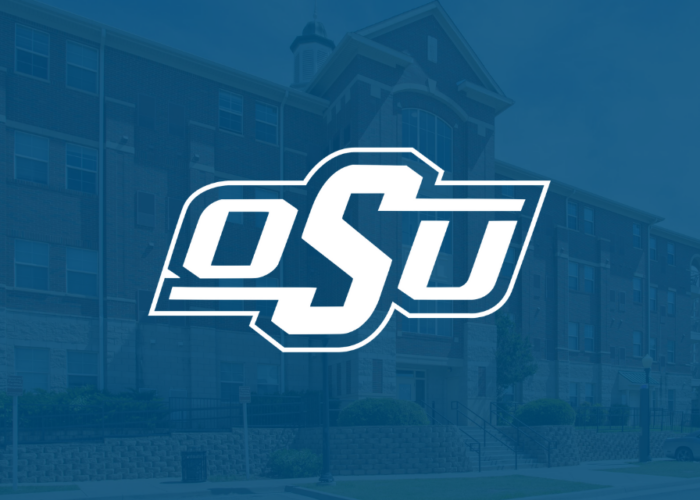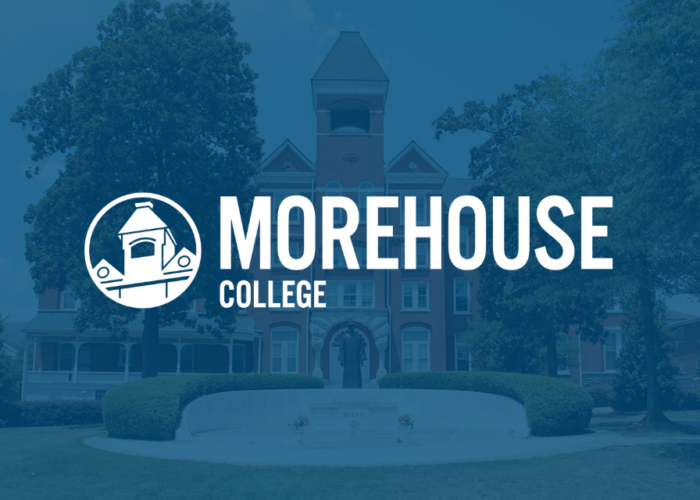Today’s college students will join tomorrow’s workforce. But are they getting what they need to succeed in the 21st-century work environment?
Students are learning academic core subjects, which are useful. But they aren’t gaining all the knowledge required to seamlessly integrate into the office environment. College students deem themselves career-ready much higher than how employers rank them, according to a 2018 study by the National Association of Colleges and Employers. With the aim to change these outcomes, Apogee, the only managed services provider solely focused on higher education, and College of Charleston, a public liberal arts college in Charleston, South Carolina, instituted programs to better prepare students for professional employment after college.
Apogee Student Ambassador Program
Apogee Campus Engagement, a managed service that delivers an easy-to-use content and campaign curation portal supported by a team of Apogee higher ed marketing specialists, includes a Student Ambassador on every partner campus serving as liaison for the service. The program’s goal is to polish a student’s professional skills throughout the experience — from the initial hiring to the final performance review. At College of Charleston, the need to prepare students who were suddenly off campus and studying remotely created an even more complex and urgent situation.
For many students, this is their first remote position and first position outside of the retail or service industry. To be a successful Student Ambassador, students need to learn workplace habits that employers prioritize, including reliability, punctuality, customer service and high-quality task completion. For example, they must be punctual for conference calls, delegate tasks, present to administrators, craft effective emails to achieve goals, manage their time by juggling ambassador responsibilities with student life, and use critical thinking to support product development goals for the platform.
At the end of the Student Ambassador program, Apogee’s team facilitates a performance review that includes self-analysis and feedback from dedicated staff. In addition, Student Ambassadors help recruit, interview, and onboard their successors after matriculating.
One of the important program benefits is that, by working with a medium-sized company, students can ask questions in a safe space — without the pressure of looking incompetent in front of an employer —about how private industry functions. They are also learning about the changes being wrought by COVID-19. They acquire “business speak”: what are “deliverables” or “action items?” What does an acquisition include? How do private equity firms work? What does it look like to network effectively? How can I use the resources I have – Apogee, family, professors, and more – to find connections in my chosen career path? What is Zoom etiquette, and how can I be sure I’m building rapport with management in a remote setting?
Students have almost unanimously reported that the Student Ambassadors Program helped them dramatically improve communication skills. They thought they were good communicators but realized they didn’t know how to concisely word an email or were too intimidated to speak to campus leaders. Apogee strives to hone these skills in all Student Ambassadors by dismantling the status quo that predicts students are under-prepared for the business world after college.
Apogee’s Class of 2020 Student Ambassador at the College of Charleston, Anna Goldstein, worked with multiple groups to champion the Campus Engagement service. She learned the power of networking as she used her connections in Fraternity and Sorority Life to have an effective platform for outreach. She learned how to conduct effective interviews by interviewing peers to create senior profiles for display on digital signs across campus. She learned how to work with colleagues by interacting with the Campus Activities Board to expand the group’s outreach on campus. Finally, her collaboration with the college’s Health & Wellness group supported campus health programming and taught her how to work with administrative leaders and comply with protocols.
“For me, the student ambassador program was an amazing experience,” said Goldstein. “It not only taught me the importance of student involvement around campus but also allowed me to make the most out of my college experience!”
College of Charleston Resident Assistant Program
In addition to Apogee’s Student Ambassador program, the College of Charleston is making important inroads in its Residential Life curriculum to prepare students for the working world. Celeste Granger, Associate Director of Residence Life, revamped the Resident Assistant (RA) and professional staff program and evaluations for the 2019-2020 school year to address this challenge.
Granger’s background in Career Services made her especially suited to the role. Her model centers around the Lominger Competencies as benchmarks to measure employee performance, both for undergraduate RAs and full-time professional staff. The Lominger Competency model assesses 67 professional competencies based on basic leadership and talent management criteria such as building effective teams, career ambition, and approachability. Her staff focuses on improving one Lominger Competency a month. Granger also includes the National Association of College and Employers (NACE) Competencies in her approach to the Residential Life curriculum, a model created specifically to prepare college graduates for the workforce.
Granger faced several challenges, including already overstretched undergraduates and entry-level professionals who needed refreshers on basic professional skills. Many undergraduates who choose to be RAs were already involved in other aspects of campus life, so training in time management or exploring resources on campus did not apply to these students as it might to other undergraduates. For entry-level professional staff, Granger found an interesting paradox: staff wanted to be treated as professionals and given responsibility as such but were often reticent to have tough conversations with student staff or residents. Granger’s team needed to empower these employees to advance their careers by embracing the difficult decisions they would have to make for the good of the students.
“Professional development has always been something we cared about,” said Granger. “Now, while we’re still conducting ongoing training, we’re committed to helping take our students from point A to point B to make the experience beneficial for us and for them.”
Works in Progress with COVID-19
Both the Student Ambassador and the Resident Life program are works in progress. COVID-19 disrupted Charleston’s plans, but Granger is confident her deliberate model will help staff improve the transferable skills they’ll be able to use throughout their careers, whether in Residence Life or elsewhere. Apogee is continuing to innovate around the Student Ambassador experience as physical campuses are altered into Fall 2020 and beyond.
To hear more about how Apogee and the College of Charleston are preparing students for the workforce, watch Sophie White from Apogee’s Campus Engagement team and Celeste Granger from the College of Charleston in a recorded online session for the Association of College and University Housing Officers- International (ACUHO-i) Virtual Summit. Watch on YouTube here.




